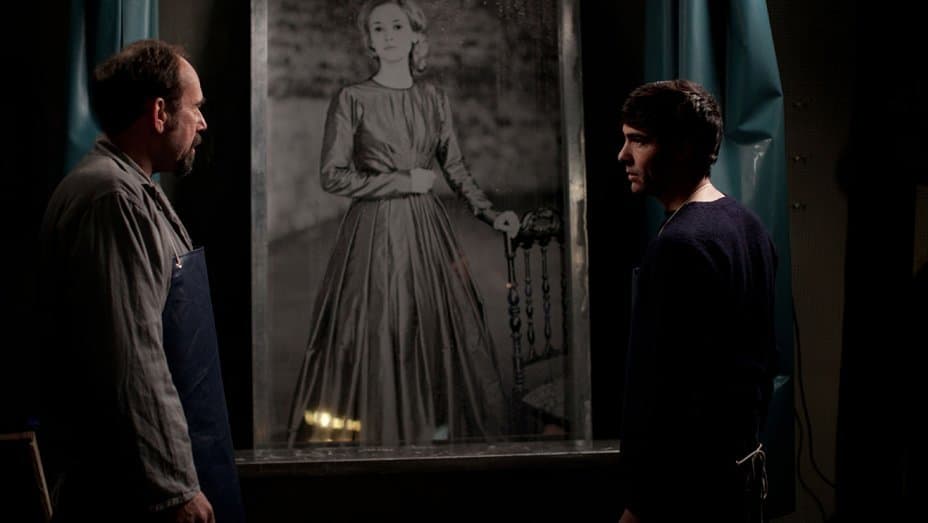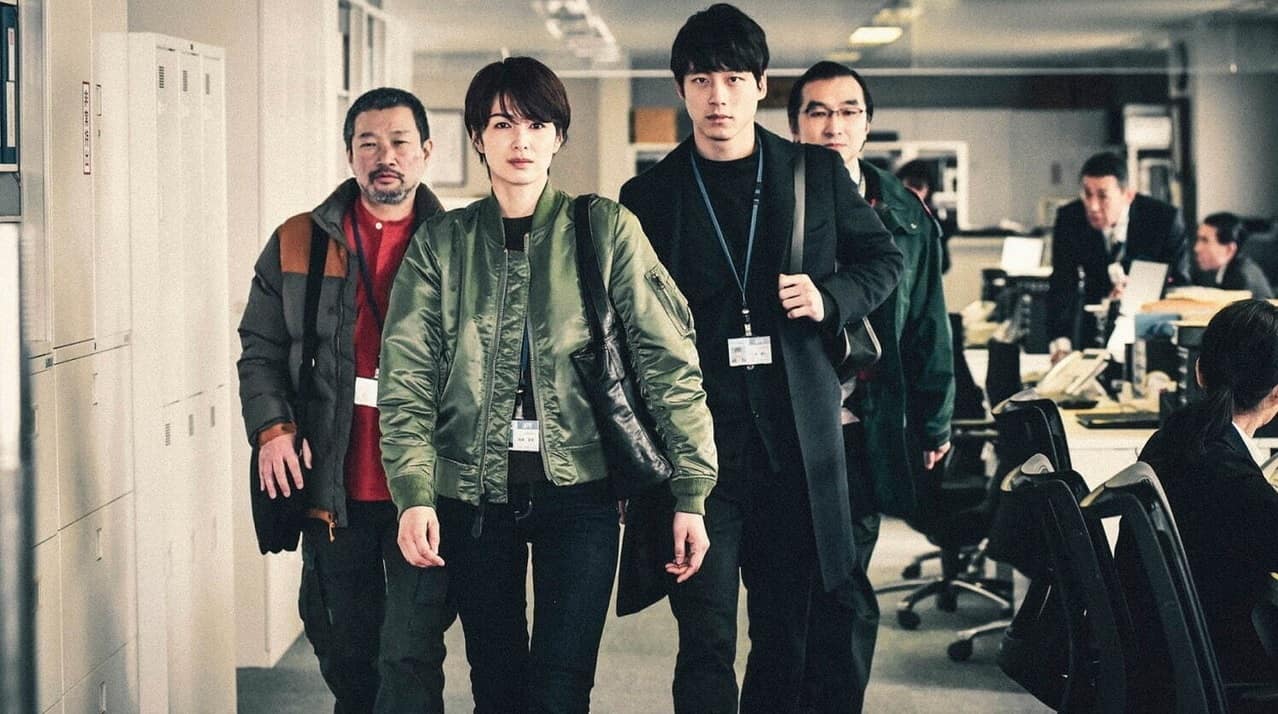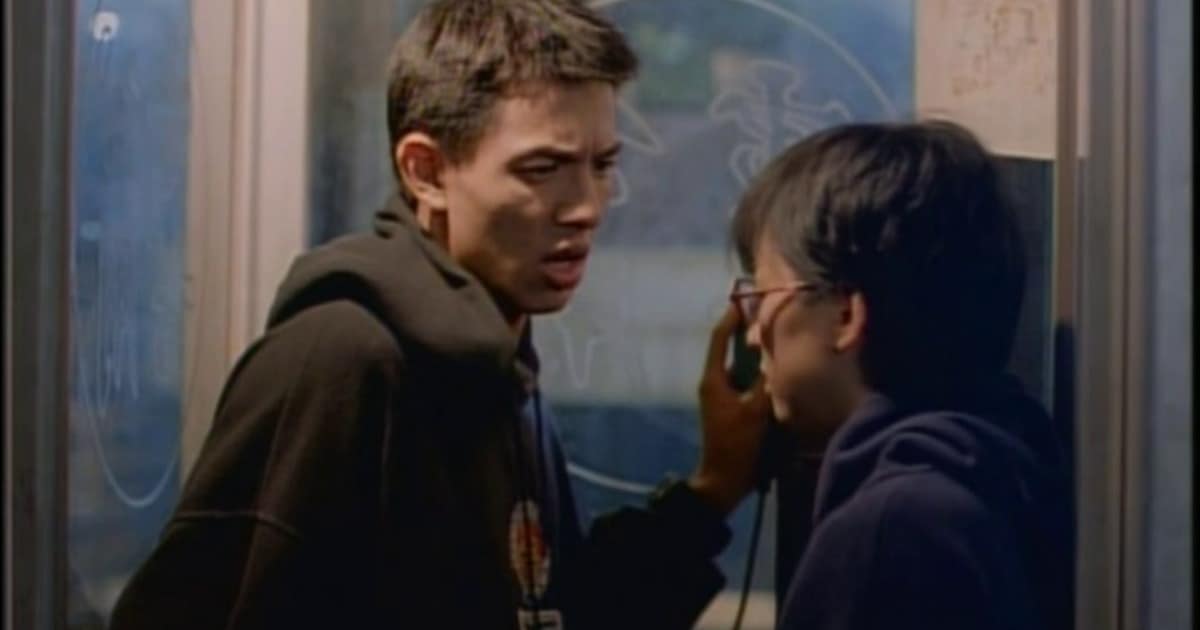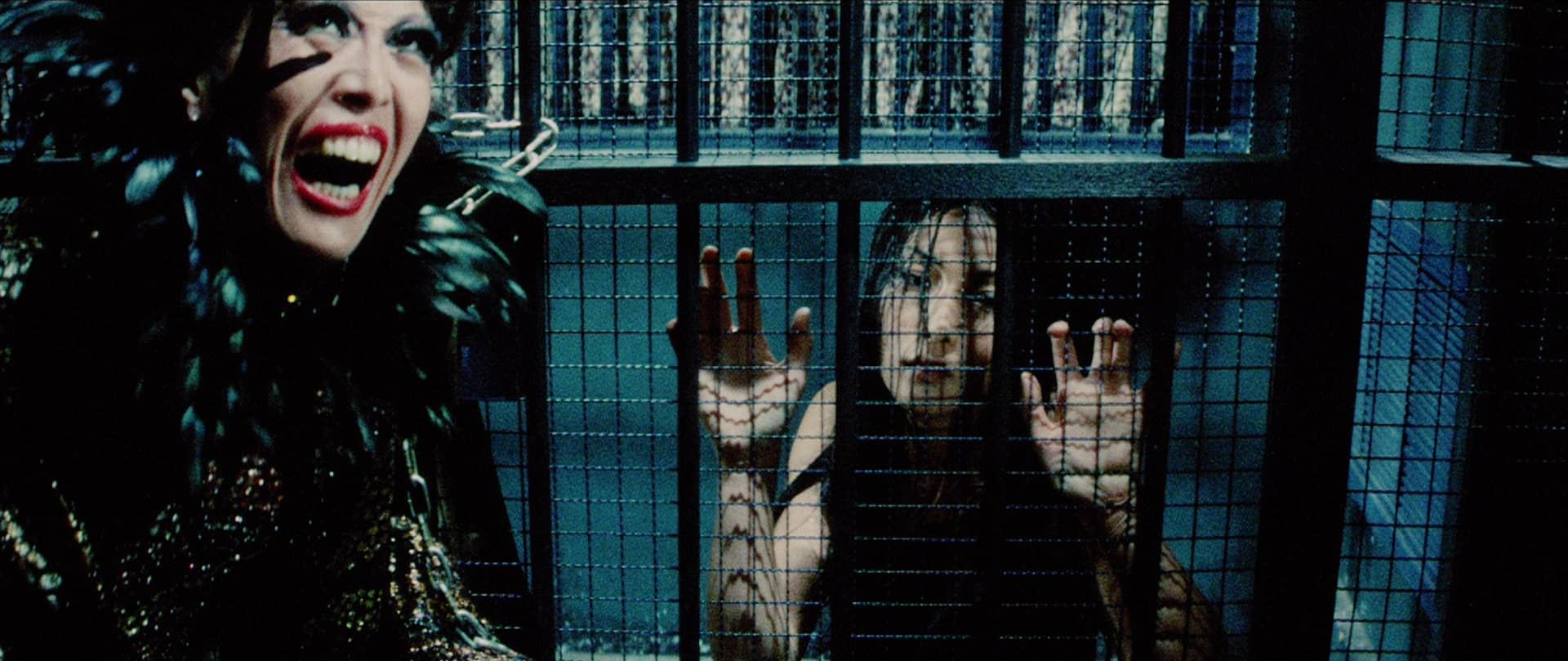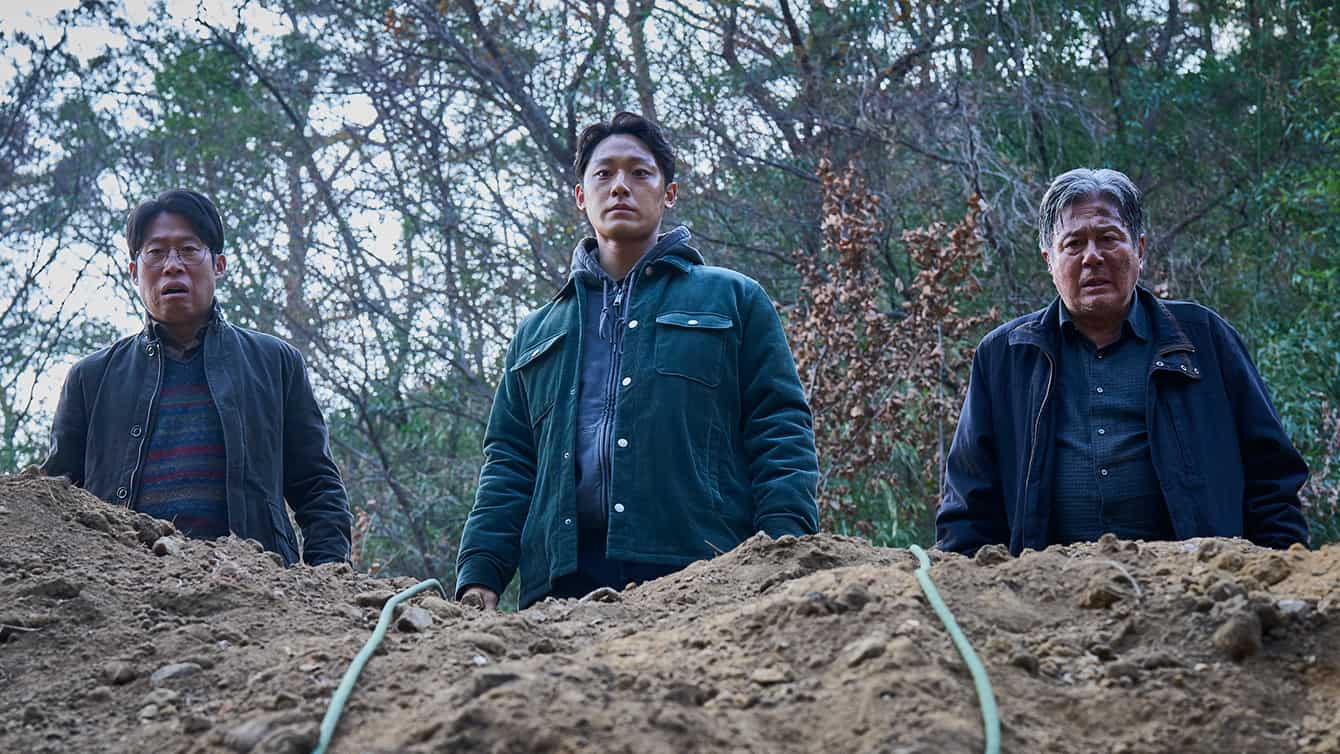“Adults are the stupidest creatures on earth”
Unsurprisingly, a large part of the most inspired art comes from a source of pain and suffering. Or at least this is what the stereotype of the tortured artist makes us want to believe. However, we cannot completely abolish the thought that whether we think of literature, films or music, some of the best works deal with issues such as a broken heart, the end of a relationship or, even worse, the teenage romance. The most corny variation comes with a pink ribbon and a box of chocolates consumed at the same time as the story, the music or the movie. Nevertheless, sometimes even the most intellectual and chauvinistic kind of person needs a little of that kind of entertainment in his/her life.
Regarding her feature debut “Dear Ex”, writer Mag Hsu was inspired by such a situation. However, it was not part of one of her many novels or scripts for television, but based on her own life. In a review written by Paige Lim for the Taipei Times, Hsu is quoted as the break-up of a relationship made her want to turn it into art in order to be able to deal with it. Even though she already anticipated the outcome, the reality of her boyfriend dumping her for her best friend hit her quite hard. At the same time, it brought with it the most toxic questions about how much of it was her fault, whether she should have done something, all questions which make you lose your sleep at night and keep your mind occupied most of the days to come. In the end, she decided to turn these thoughts into something productive, a script she eventually co-wrote with Shih-yuan Lu.
“Dear EX” is screening at the Toronto Reel Asian International Film Festival

Additionally, the decision to also direct the film was followed by the choice of having a co-director. Director Hsu Chih-Yen, known for his music videos, was the perfect partner for the project, as he brought a unique visual style to the film.
In the film, young Song Chengxi (Joseph Huang) has lost his father, and while his mother Liu Sanlian (Hsieh Ying-xuan) seems to be more busy receiving the insurance money, both of them are in for quite a surprise. Instead of his son and his former wife, all of the money should go to Jay (Roy Chiu), her husband's gay lover and the reason why their marriage broke up. Seeing this as the final act of humiliation he had in store for her, she attempts to fight Jay and the insurance company, making a living with her quite the challenge. After an especially heated argument, Song decides to leave his home in order to find shelter with Jay. Even though the theater owner has problems of his own, he reluctantly accepts the guest in his apartment, a development which will make Song understand what Jay meant to his father and why the relationship with his mother is so difficult at the moment.
On the surface, “Dear Ex” may be regarded as a TV melodrama and it certainly shares some ground with these in terms of writing and character development. However, during the course of the film you are won over thanks to the visual approach and the performance by Joseph Huang as the frustrated adolescent, constantly at odds with the outside world. Given his classification of the world into the “good guys” and the “bad guys”, part of learning curve consists of realizing people like Jay are not the “robbers”, the “fags” and the ones breaking a family apart. Confronted with Jay's story, his love and affection for his father, the tables are suddenly turned against his mother, but even that does not work, as her story is equally a series of disappointments and trying to accommodate a notion of “being normal”. In the film, scenes like these also constitute the turning point for the movie, from coming-of-age drama to a story about weakness, love and grief, as well as the personal drama of letting go of the kind of life you promised yourself, or which was promised to you.

Branded by some reviewers as an “LGBT” drama, both directors have frequently denied the idea of a reduction of the film like this. Although “Dear Ex” most certainly touches upon sexual orientation and how it is considered within Taiwanese society, the issue the film is after is much more universal. However, these instances are in many ways, some of the strongest parts of the film, for example, in a scene introducing Jay's mother (played by Ai-lun Kao) who Liu Sanlian thinks does not know about her son's homosexuality. Without giving away the actual plot here, one immediately recognizes the kind of social taboo linked to sexual orientation. In general, the film often plays with the concepts of private and public, for instance, when depicting homosexuality as a purely private matter limited to the confinements of Jay's apartment.
However, the idea of restrictions such as these is not limited to his character. Through the visual approach the narrative often uses, fragments of animation mimicking Song's scrapbook drawings, the viewer is constantly aware of the presence of these metaphorical prison bars. Many of them have been designed by their environment, but some are the creations of the characters themselves. For example, while Liu may appear like a “nagging” annoyance at the beginning, the mixture of anger, disappointment and downright fear to once again be ignored – this time by her son – becomes a framework through which the character's action can be understood. This is largely thanks to Hsieh Ying-xuan's committed performance, ranging from hysterical to finely nuanced scenes expressing how much her character is afraid of being considered a failure in the eyes of society

On a technical level, “Dear Ex” embraces character-driven drama through its depiction of spaces. The overall approach – with the exception of the animation parts – may have been inspired by the films of Wong Kar-wai or Edward Yang, especially when it comes to designing a private space, like the apartments of Jay and Liu Sanlian. Each of them constitute a universe connected to memories of love, regret and laughter, highlighted in this case by the frequent use of flashbacks, often blurring the lines between present and past. At the same time, they mirror the contrast between the characters: the chaotic, extroverted nature of Jay and the controlled character of Liu Sanlian who likes to keep things nice and neat.
In the end, “Dear Ex” is a drama about loss, growing up and people's weaknesses. It is a story about many serious issues handled with the right balance of comedy and sincerity supported by the good cast and a playful use of animated sequences. While its intention is rather transparent, quite often, “Dear Ex” undoubtedly has enough charm to stand out making it a very enjoyable movie.
Sources:
1) Chen, Ross (2018) Dear Ex (review)
www.fareastfilm.com/eng/film/dear-ex/?IDLYT=7505, last accessed on: 10/25/2018
2) Lim, Paige (2018) All is fair in love and war
www.taipeitimes.com/News/feat/archives/2018/05/10/2003692823/2,last accessed on: 10/25/2018
https://www.youtube.com/watch?v=bPZBBAbwIR0



